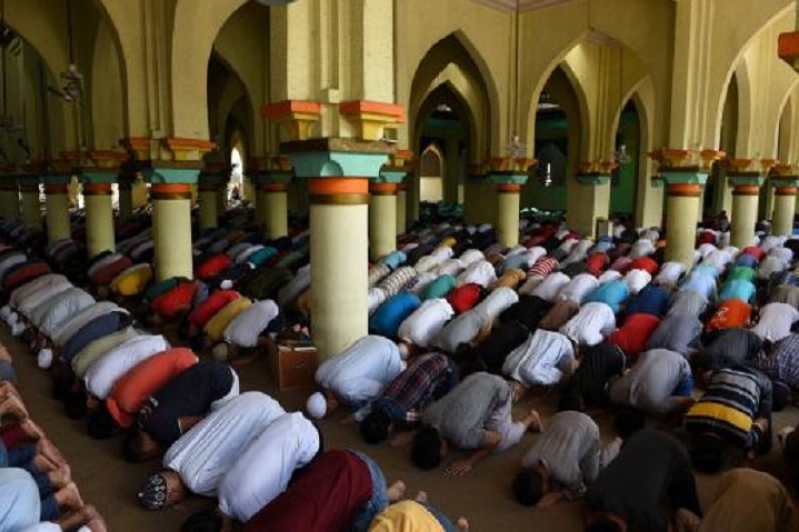
With a rapidly growing Muslim population, Islam is projected to overtake Christianity as the world's largest religion in a few decades, a study said.
According to Pew Research Center, Islam will be the most dominant religion in the U.S. by 2050, at which time the Muslim population in the country is expected to have doubled. And by the end of the century, Islam would be the most dominant religion in the world, LifeZette reported.
As of 2015, Muslims comprised only 24 percent of the global population. However, right now it is the fastest-growing religion worldwide.
"But while Islam is currently the world's second-largest religion (after Christianity), it is the fastest-growing religion," Michael Lipka of Pew Research Center wrote in an updated analysis of the study. "Indeed, if current demographic trends continue, the number of Muslims is expected to exceed the number of Christians by the end of this century."
Large populations of Muslims today are found in the Asia-Pacific region and not in the Middle East, as many people wrongly believe. The Middle East only holds about 20 percent of the global Muslim population, while the Asia-Pacific region is home to 62 percent of Muslims in the world.
These are found in Indonesia, which is the country with the biggest Muslim population, Pakistan, Iran, Bangladesh, India and Turkey.
In Europe, the Muslim population is also growing. Pew projects that by 2050, 10 percent of the European population will be Muslim.
Overall, the Muslim population will rise by 70 percent globally from 2015 to 2060, according to Pew's projections.
Several factors are driving this growth. First, Muslims have more children compared to other religions. Muslim women have an average of 2.9 children, while women from other religions only have an average of 2.2 children.
Second, "Muslims are also the youngest (median age of 24 years old in 2015) of all major religious groups, seven years younger than the median age of non-Muslims."
"As a result, a larger share of Muslims already are, or will soon be, at the point in their lives when they begin having children. This, combined with high fertility rates, will fuel Muslim population growth," Lipka wrote.
Additionally, the migration of Muslims to other parts of the world is contributing to the increase of the Muslim population in those regions, particularly in North America and Europe.
Pew's updated analysis of the projected growth of Islam was released days after a spate of Islamic extremist attacks in various locations around the globe: suicide bombing in Manchester, England; killing of Coptic Christians aboard a bus in Egypt; attack on residents in Marawi in southern Philippines; and a suicide bombing attack in Jakarta, Indonesia.







